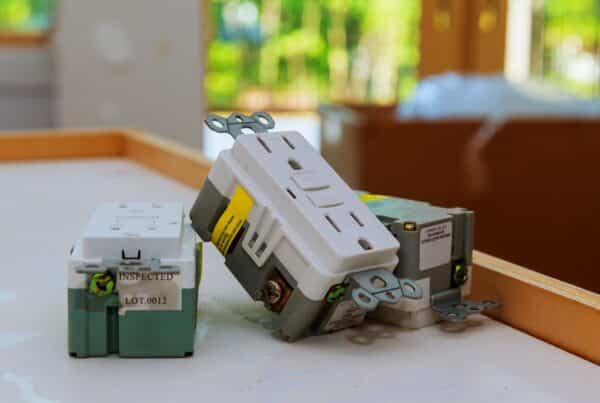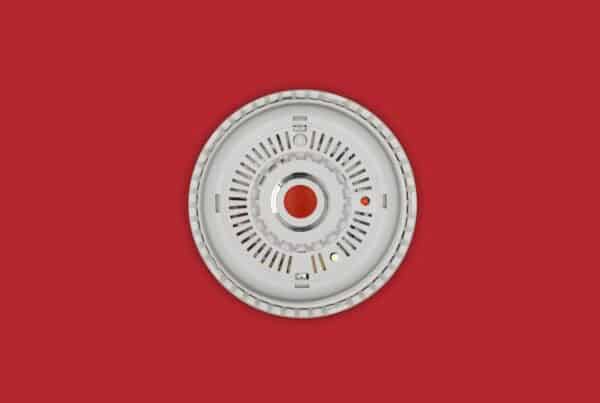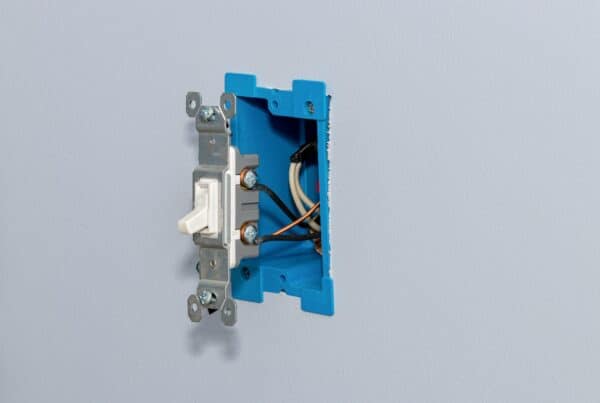
Light bulbs are an essential part of every home, but not all are created equal when it comes to efficiency or safety. Some can pose a surprising fire risk, especially if they break—so understanding which type of light bulbs can cause a fire when broken is crucial.
In the sections below, we’ll fill you in on the types of light bulbs that can cause fires when broken, how to reduce the risks, and what steps to take for added peace of mind. Let’s shed some light on an important safety topic.
How Light Bulbs Can Pose a Fire Risk
Most light bulbs generate heat during operation, and this type of heat can cause a fire hazard if broken. When a bulb breaks, it exposes components that can ignite nearby flammable materials, such as curtains, paper, or wood.
This risk increases with bulbs that operate at high temperatures or have fragile designs that make them more prone to shattering.
Factors like poor ventilation, improper installation, or using a bulb with too high wattage for a fixture can also contribute to overheating, increasing the likelihood of a fire hazard.
Types of Broken Bulbs That Can Cause a Fire
Some light bulbs are more likely to create fire risks due to their design and operating temperature:
Compact fluorescent lamps (CFLs)
CFLs are energy-efficient but can generate significant heat. When broken, they not only pose a fire risk but also release small amounts of mercury, which requires careful cleanup.
Halogen bulbs
Halogen bulbs operate at extremely high temperatures, making them one of the riskiest options. They can shatter easily, and their heat can ignite nearby materials if the bulb breaks.
Incandescent bulbs
Although less common today, incandescent bulbs still pose a fire risk due to their inefficient design and tendency to overheat. A broken bulb can expose a hot filament, creating a potential fire hazard.

Tips to Prevent Fire Hazards with Light Bulbs
Preventing fire risks starts with a few practical steps to ensure your light bulbs and fixtures are safe. By staying proactive, you can avoid accidents and keep your home protected.
- Always use bulbs with the recommended wattage for your fixture to prevent overheating.
- Replace bulbs as soon as they show signs of wear, like flickering, dimming, or discoloration.
- Make sure fixtures are secure and positioned away from flammable materials.
- Add protective covers in areas where bulbs are more likely to break, such as garages or basements.
A little extra attention to your lighting can go a long way in reducing potential fire hazards and improving your home’s overall safety.

Other Recommended Maintenance
Your home’s lighting system works best when it’s maintained regularly. Beyond bulb-related precautions, taking care of your fixtures and wiring ensures long-term safety and efficiency. Focus on these essential tasks:
- Inspect light fixtures regularly for signs of loose wiring or overheating.
- Upgrade older fixtures to modern, energy-efficient designs that generate less heat.
- Avoid overloading circuits by spreading appliances and fixtures across multiple outlets.
- Schedule periodic electrical inspections to identify and resolve hidden issues.
When to Call a Professional
Some issues with light bulbs and fixtures go beyond simple fixes. If you notice frequent bulb breakage, overheating, or signs of electrical trouble like sparks or burning smells, it’s time to seek professional help.
These issues often point to underlying problems, such as damaged wiring or overloaded circuits, that require expert attention to resolve safely. A professional inspection can identify risks you might not see, ensuring your home’s electrical system is functioning properly and safely.
Whether you’re dealing with a single troublesome fixture or need a full-home evaluation, a professional can provide the guidance and solutions needed to keep your home protected.
Conclusion
Knowing which light bulbs pose a fire risk and how to handle them safely is essential for maintaining a secure home. Choosing the right bulbs, following simple safety practices, and keeping up with regular maintenance can significantly reduce the chances of accidents.
Taking these steps not only protects your home but also provides peace of mind. For added confidence, consider a professional home inspection to identify and address any hidden risks. All Coast Home Inspections can make sure your home’s critical systems are safe and sound in Houston, TX, and surrounding areas.



